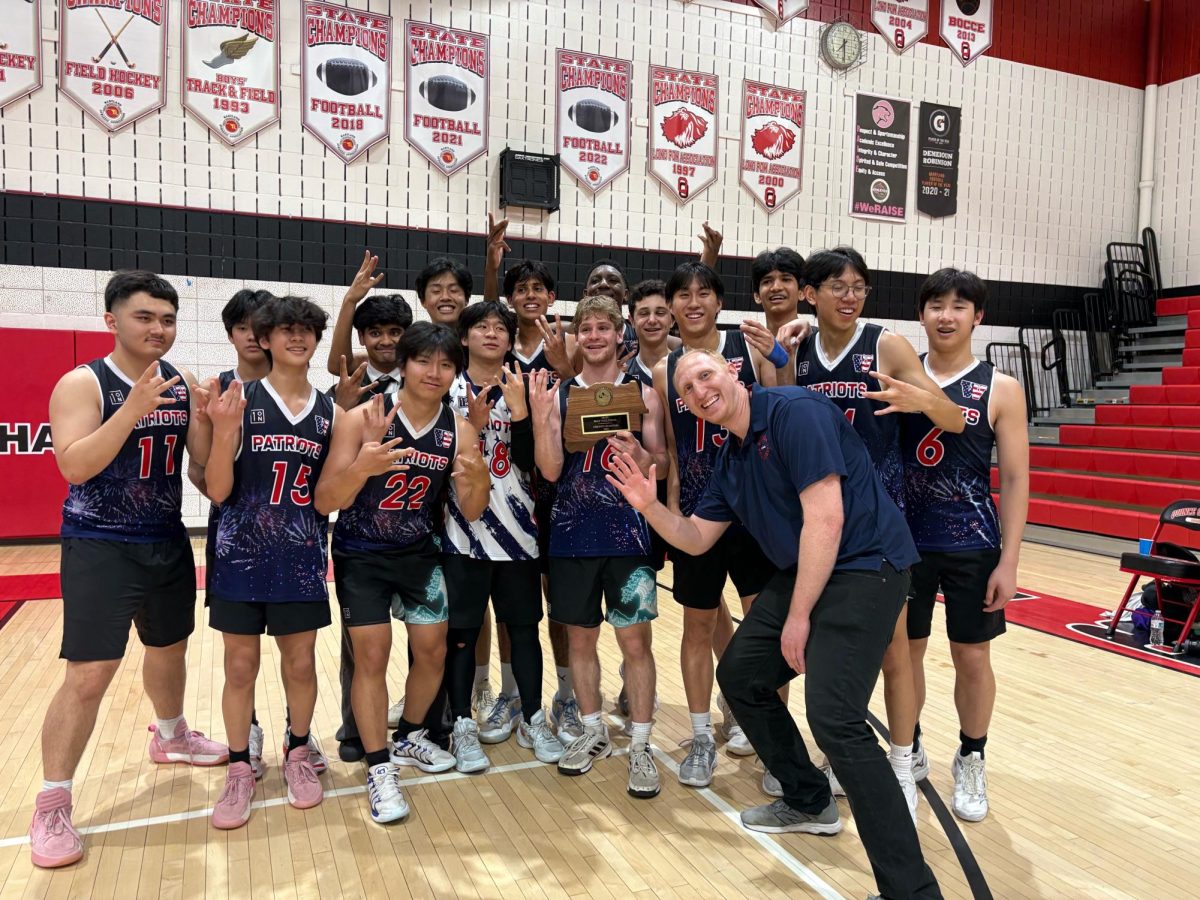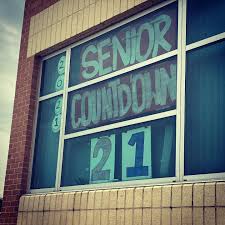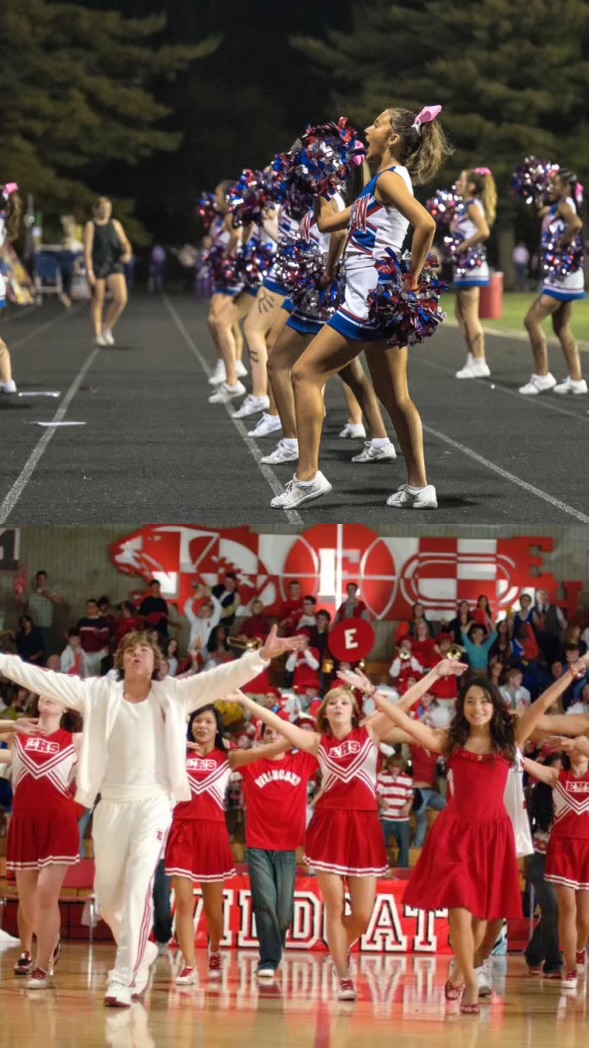For seniors, the conclusion of the college application season usually brings relief and introspection. As they look back into the process and think about what they would change if they could do it again, a controversial topic often arises: college counselors.
College counselors are private counselors that guide students through the college application process. Within the realm of college counseling, there are different types of college counselors. One type of counselors market toward getting students into elite colleges, such as Empowely, a company that offers college counseling services. On their website, they state that 98% of Empowerly’s class of 2023 got into a top 100 US college. There are also college counselors who focus on finding a school that is a good fit for the student, taking in their interests and their preferences on school type, size, location and any other factors that would influence what kind of school they would want to go to.
Since these private counselors are used as an additional source on top of a school counselor, it is important to take note of what school counselors do to prepare students for the application process. At this school, counselors meet with juniors three times throughout junior year to discuss the college application process. “We know there are a lot of parts to the process and it can be overwhelming. We break it down for our students and we make sure we meet one-on-one with every junior before summer starts. We then meet with our seniors the second week of school to go over the last steps of the process and meet frequently to help answer individual questions,” counselor Arielle Markiewicz said. “I am very proud of the counseling department’s work with our juniors. It is truly some of our favorite time spent getting to know our juniors so well.”
A contentious aspect of college counselors is often the pricing. The Independent Educational Consultants Association (IECA) reported that college counselors cost anywhere from $850 to $10,000, with the average price being $4,000-$6,000. This is a substantial investment that prompts questions about the accessibility of these private counseling services, and can put students at a disadvantage if they do not have the means to afford this resource.
Apart from the financial aspect, there’s the question of value. Do college counselors justify their cost? For me, the answer is: It’s complicated.
My parents and I decided to hire a private college counselor during my sophomore year, mainly because my parents didn’t grow up in the US and I don’t have any older siblings so we were clueless about the application process here. During my sophomore year, we focused on resume building and internship searching, both of which were helpful. In my junior year, it was more about deciding what type of colleges I liked (big or small, city or rural, and so on) and working on my personal essay.
However, when the college admissions process formally began in senior year, that was when I began having conflicted feelings about college counselors. In my experience, the biggest issue with having a college counselor is that the college process isn’t just yours anymore. My college counselor controlled a lot of elements when it came to what colleges I applied to and even how many. While she wasn’t the deciding factor, she definitely influenced my decisions. She also honestly told me what colleges she thought I could and couldn’t get into, and while she wasn’t wrong most of the time, this definitely influenced my perception of where I stood, and stopped me from applying to certain schools when now, I look back wishing I knew the outcome of what would have happened had I applied.
Despite this, there were helpful things my counselor required. She had me deeply research every college I was planning on applying to, which I most likely wouldn’t have done without her asking me to. This definitely saved me time and money, as I didn’t apply to certain schools based on what I learned while researching. The most important thing was how early she had me submit. I had most of my college applications submitted a month before their deadlines, because she set hard deadlines on when I had to get my supplementals and application materials done.
In terms of results, a common misconception about college counselors is that they have insider knowledge or strategies to secure admission to prestigious universities. This most certainly was not the case for me, as out of the 10 top colleges I applied to, I got into one, waitlisted at two, and rejected from the rest. I don’t think having a college counselor showed a significant difference in terms of how many top colleges I got into compared to students without one.
In the end, it would be easy for me to look back and think that the results would have been the same without me having a college counselor. However, I can’t deny that she was helpful in some aspects. It was nice having a direct contact to ask questions to, and I didn’t have to do an internet search to find what I was looking for. It was also helpful to have someone edit all of my essays, someone who has seen what has been successful and can give me advice based on previous knowledge. Most importantly, the schedule to which she held me to never made me stressed about meeting college deadlines.
However, most of these things are able to be done without a college counselor. This school’s counselors are also available to answer questions, and English teachers are happy to review essays, things that I took advantage of as well. Also, it’s fairly easy to stay on top of your applications, especially if you start writing essays over the summer. While having someone to help keep track of deadlines can be beneficial, creating a plan for yourself in terms of when to finish certain essays is also enough if you stay responsible.
So, to summarize, while college counselors provide convenience, it is certainly possible to have a successful college admissions process through your independent effort and online resources available.


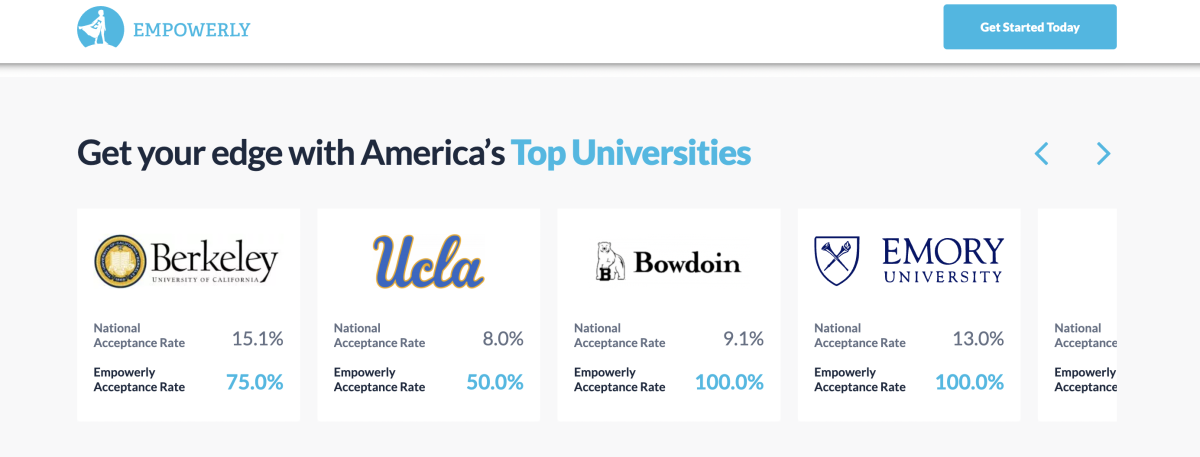

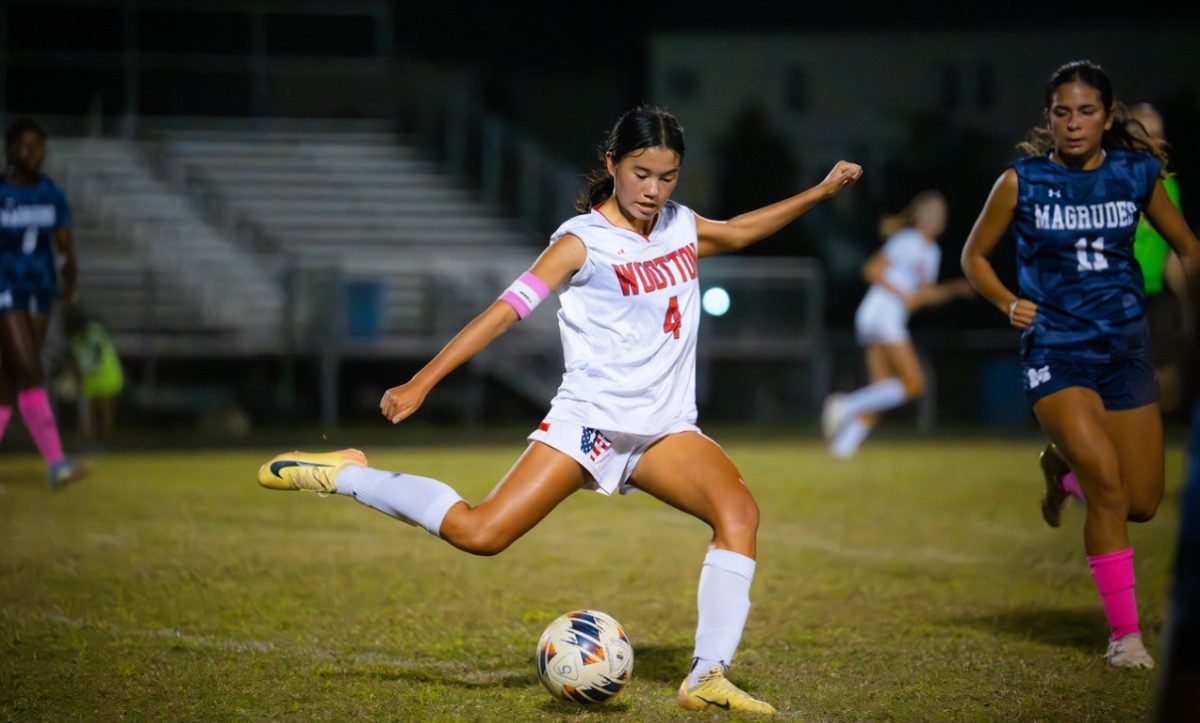
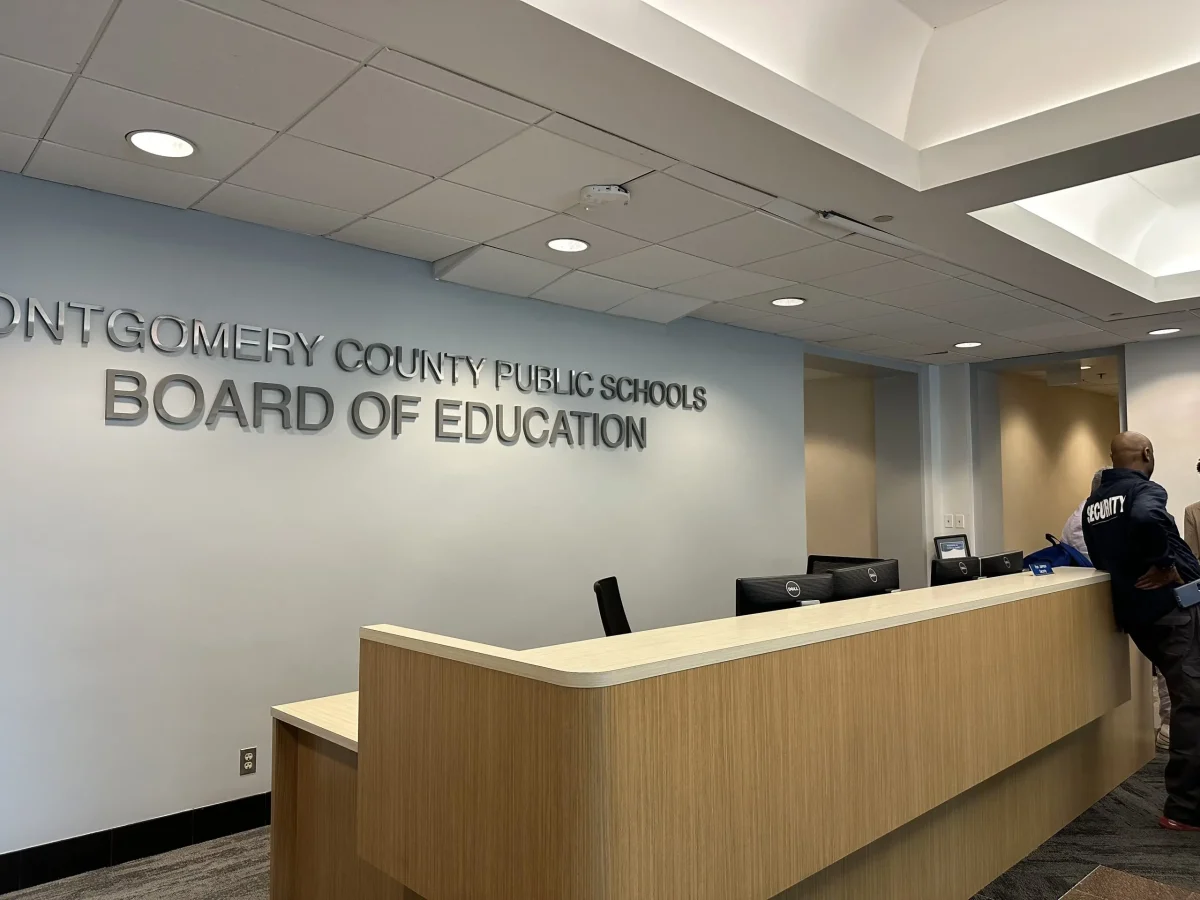
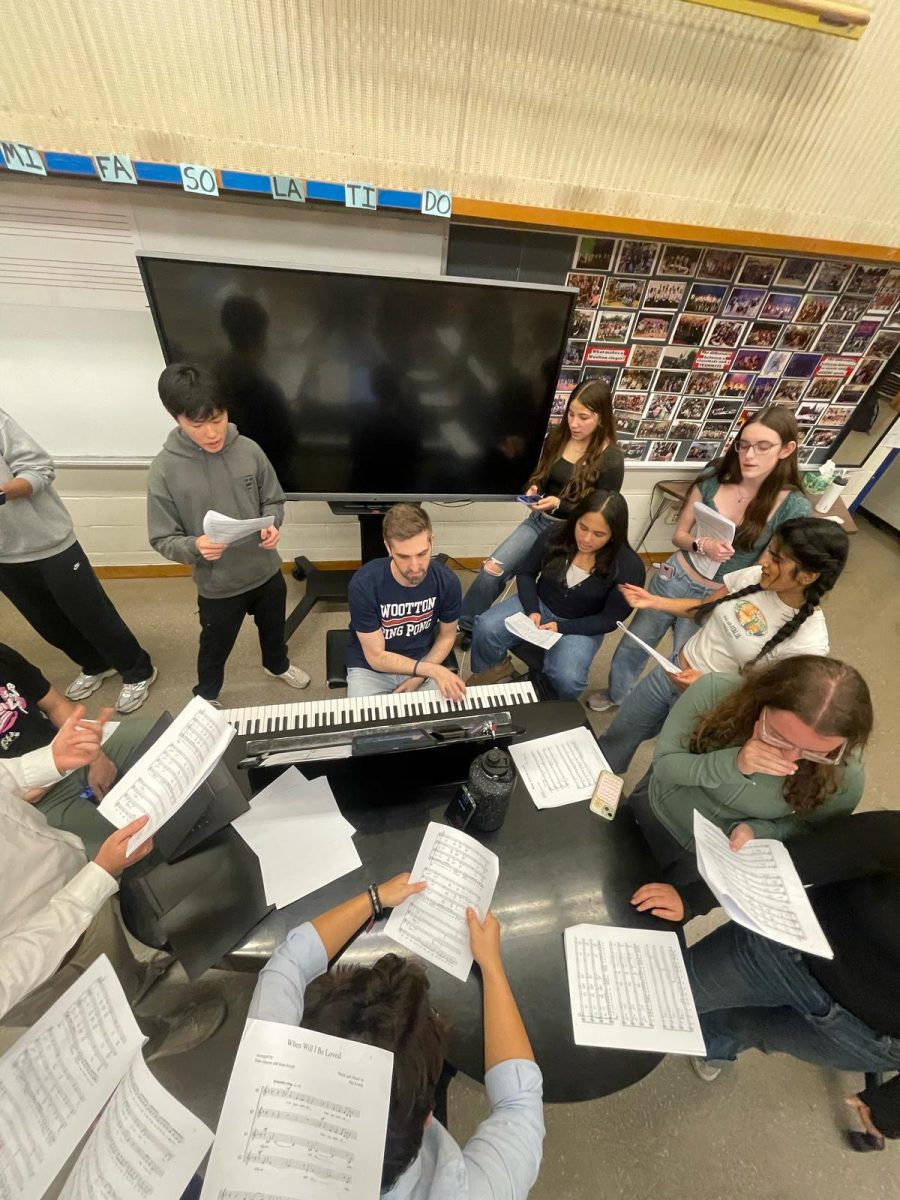
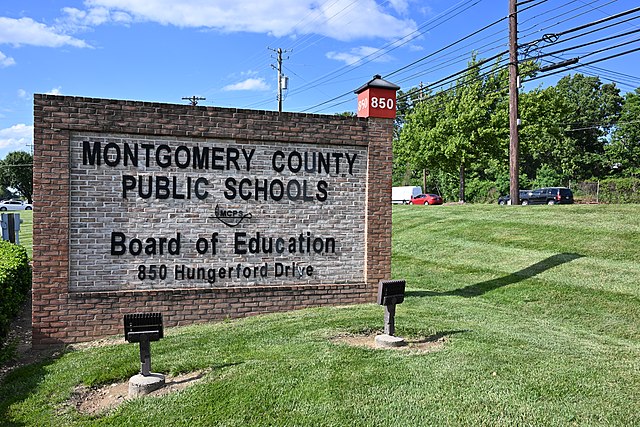
![The 2025-2026 Editorial Board Alex Grainger, Cameron Cowen, Helen Manolis, Emory Scofield, Ahmed Ibrahim, Rebekah Buchman, Marley Hoffman, Hayley Gottesman, Pragna Pothakamuri and Natalie Pak (Chase Dolan not pictured) respond to the new MCPS grading policy. “When something that used to be easy suddenly becomes harder, it can turn [students’] mindset negative, whereas making something easier usually has a better impact. I think that’s where a lot of the pushback comes from. But if you put emotions aside, I do think this change could help build stronger work ethic,” Ibrahim said.](https://woottoncommonsense.com/wp-content/uploads/2025/09/fqr5bskTXpn0LRQMmKErLuNKdQYBlL726cFXBaWF-1200x900.jpg)
